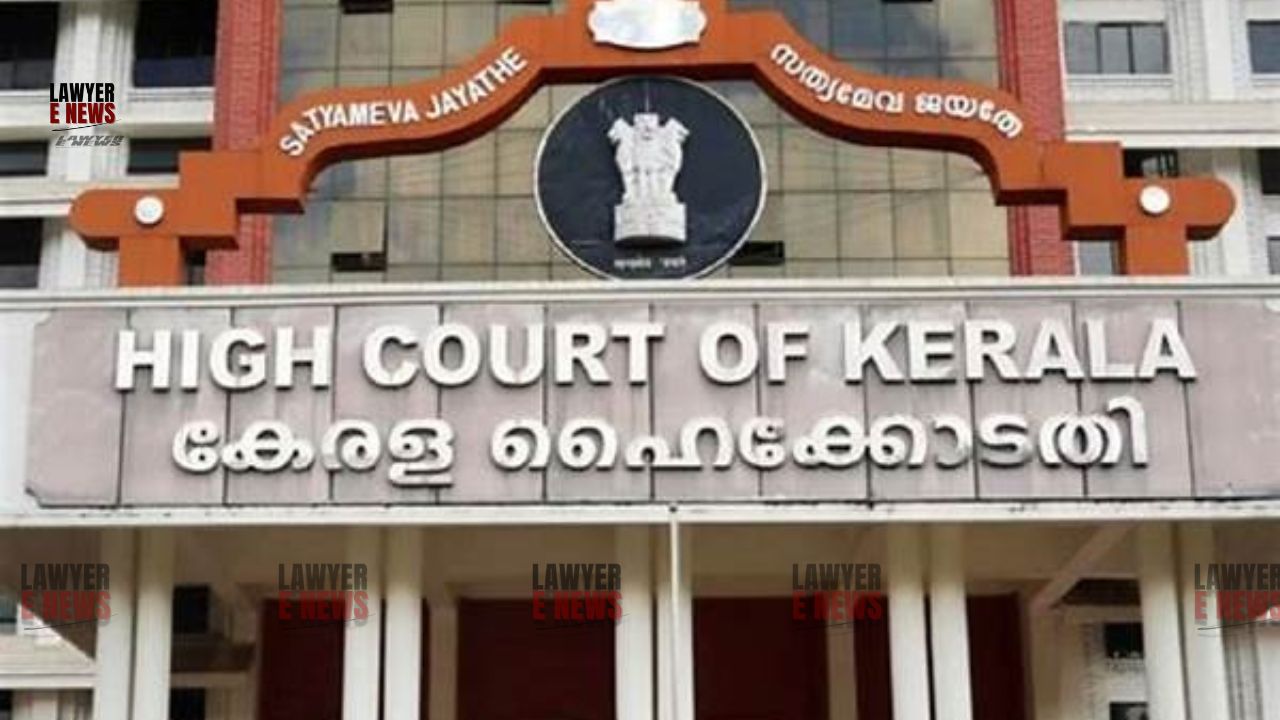-
by Admin
15 February 2026 5:35 AM



Kerala High Court, comprising Justice Anil K. Narendran and Justice P.G. Ajithkumar, delivered an important ruling in the case of W.P.(C) No. 31313 of 2024. The petitioners sought a writ of mandamus against the entry of non-Hindus into the Guruvayur Temple premises, alleging violations of the Kerala Hindu Places of Public Worship (Authorisation of Entry) Act, 1965. The court issued directives to the Guruvayur Devaswom Managing Committee to regulate activities such as videography on temple premises.
The petitioners, devotees of Lord Guruvayurappan, filed the writ petition under Article 226 of the Constitution of India. They alleged that the 4th respondent, a non-Hindu, violated the Kerala Hindu Places of Public Worship (Authorisation of Entry) Act, 1965, by entering the temple premises and engaging in non-religious activities. Incidents like picking quarrels with devotees, celebrating a birthday by cutting a cake, and videographing in the Nadapanthal were cited as evidence.
The core legal issue centered around the violation of the Kerala Hindu Places of Public Worship (Authorisation of Entry) Act, 1965, and the Guruvayur Devaswom Act, 1978. The court examined the duties of the Guruvayur Devaswom Managing Committee under Section 10 of the 1978 Act, which mandates the committee to ensure proper performance of temple rites and facilitate worship for devotees. The court also scrutinized the provision under Section 4 of the Kerala Hindu Places of Public Worship (Authorisation of Entry) Act, 1965, regarding entry restrictions for non-Hindus.
The court directed the Guruvayur Devaswom Managing Committee to take necessary steps to restrict videography on the temple premises, allowing it only in connection with marriage functions and other religious ceremonies. The ruling emphasized that activities such as following celebrities or vloggers for videography are not permitted. The court underscored that the temple, being a Special Security Zone under the Kerala Police Act, 2011, necessitates strict control over such activities. The court further instructed the committee to ensure that no disturbances occur in the temple's Nadapanthal area, particularly those affecting children, senior citizens, and persons with disabilities.
The court highlighted that the Managing Committee, as a trustee of the temple, is legally bound to adhere to the provisions of the Guruvayur Devaswom Act, 1978, and ensure that the temple's customs and traditions are maintained. The ruling reinforced that the right to worship is a civil right to be exercised in an accustomed manner, subject to temple practices and traditions.
The Kerala High Court's ruling reinforces the Guruvayur Temple's customs and traditions, restricting non-religious activities within its premises. The decision mandates the Guruvayur Devaswom Managing Committee to uphold its responsibilities as a trustee and ensure that devotees can worship without disturbances.
Date of Decision: September 13, 2024
P.P. Venugopal and Others VS State of Kerala and Others
